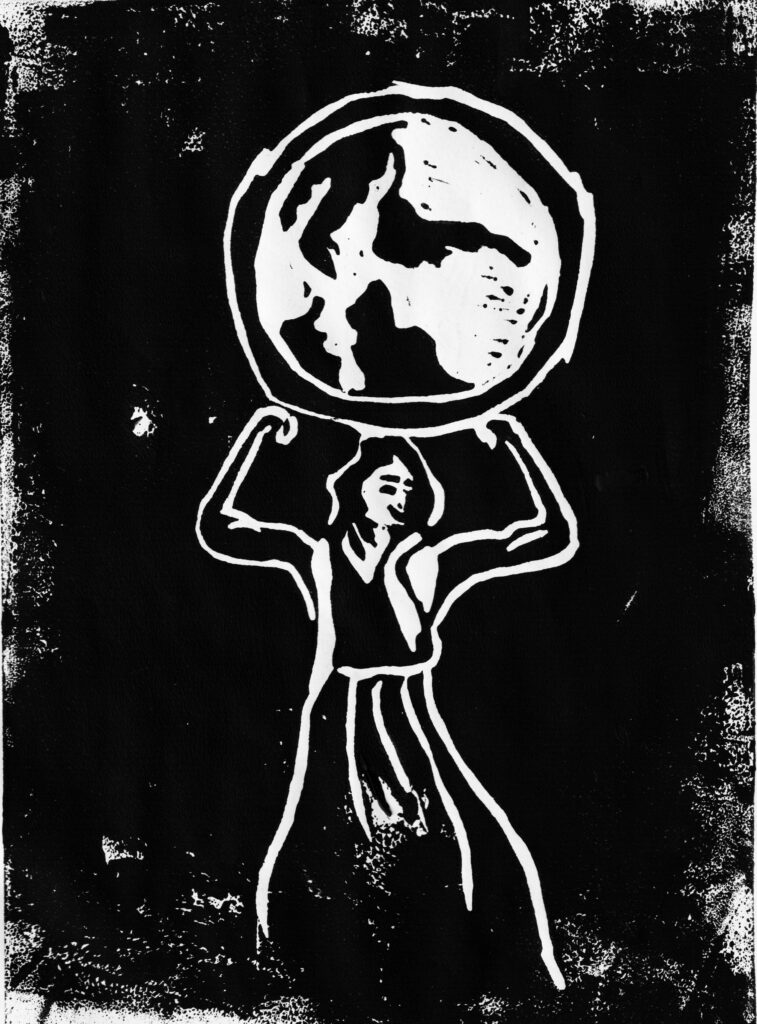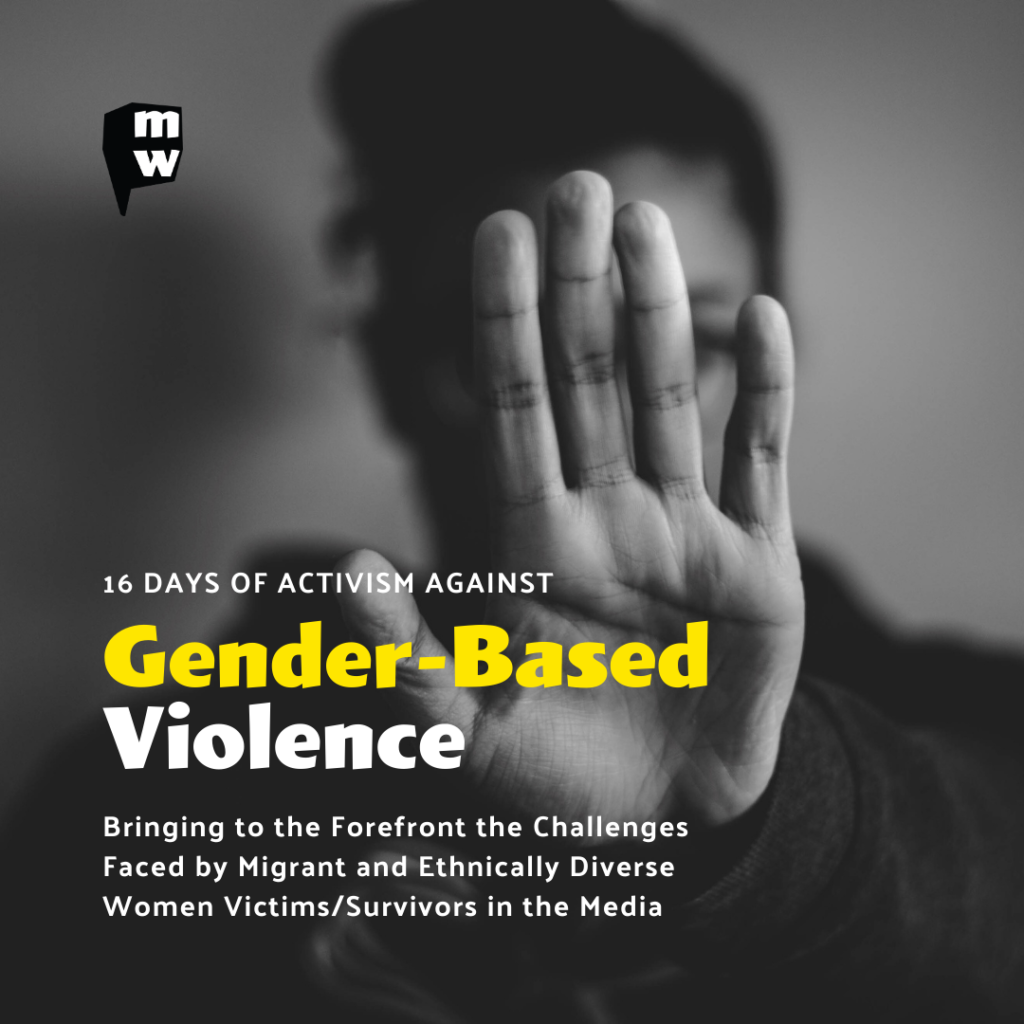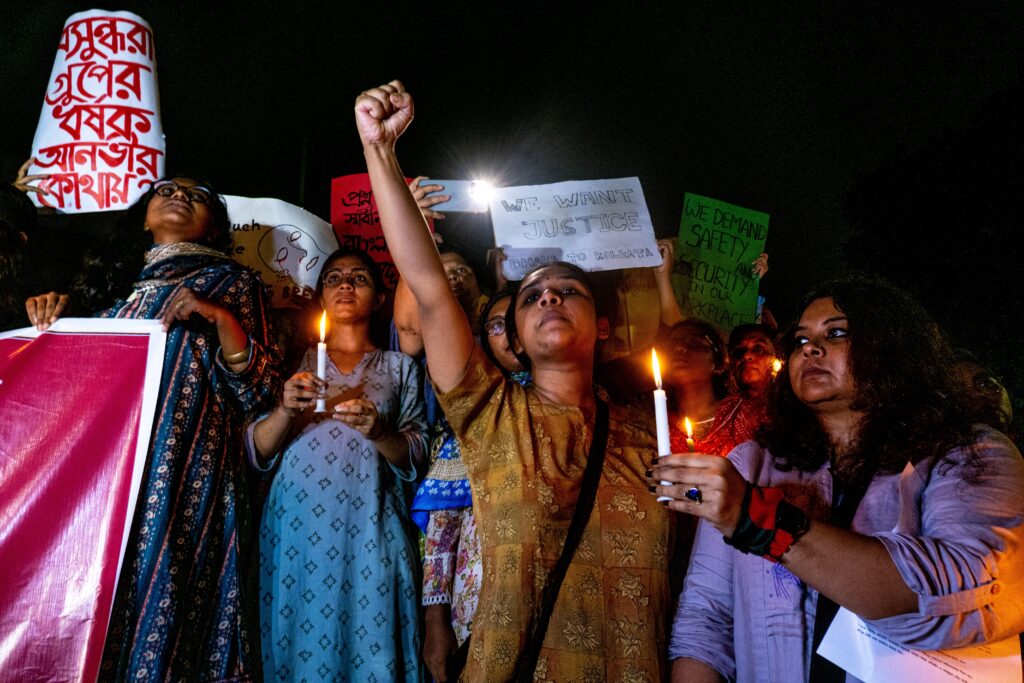For over thirty years, Zero Tolerance has transformed public attitudes and set new standards for responsible media coverage of violence against women and girls and societal change.
Written by Isabella Lapadula
Zero Tolerance, a Scottish charity, envisions a Scotland free from men’s violence against women and girls. Since 1992, it has led groundbreaking campaigns that confront and reshape public attitudes on this critical issue.
With the vision of “A Scotland free of men’s violence against women and girls”, the organisation is dedicated to a primary prevention approach which addresses the root causes of violence against women and girls: gender inequality and other forms of systemic discrimination.
In its early years, Zero Tolerance launched impactful poster campaigns and groundbreaking photography exhibitions to bring domestic abuse into public awareness, all with the goal of ending men’s violence against women and girls in Scotland—a mission that remains unchanged today.
Zero Tolerance’s core belief is that men’s violence against women is preventable and should not be tolerated. Through research, campaigns, education and community engagement, the organisation pushes for transformative social change with the conviction that a world without men’s violence against women and girls is possible.
Given the organisation’s strong commitment to intersectionality, Zero Tolerance works collaboratively with diverse communities and partner organisations, amplifying underrepresented voices and advocating for policy changes that advance gender equality.
The Future Tales Project
In 2022, Zero Tolerance celebrated its 30th anniversary. To commemorate three decades of campaigning, the organisation looked at the future: What will a Scotland without men’s violence against women and girls look like?As part of the Future Tales Project, they hosted seven workshops with 78 women and one non-binary person.
Identifying the lack of work underway to prevent violence against minority ethnic groups, disabled and trans women, the project prioritised these communities.
In the workshops, the participants were asked to reimagine the fairytales we would tell in a Scotland free from men’s violence against women and girls. They then wrote new fairytales and illustrated them using linocut.
The topics most discussed in the workshops were: racism, islamophobia and xenophobia, cultural context, safety in public spaces, gender roles, beauty standards and work.
“Rather than focusing solely on trauma, the art provided a welcoming environment for creation and imagination,” Zero Tolerance told Migrant Women Press.
Since its foundation, art has been a key tool for Zero Tolerance. In the Future Tales Project, art “complimented the written report, but more importantly, it offered participants a new way to process and communicate difficult experiences.”
The linocut pieces were presented in an exhibition and an animation. These are some reflections from the participants about how a Scotland free from men’s violence against women and girls would look like:
“We would have the same expectations of men and women and respect everyone regardless of their gender and looks.”
“Women would feel confident, safe and supported to use public services such as social work and other support services.”
“We would benefit from more confident and assertive women.”
“We would have a more productive society.”
Collaboration was essential to the Future Tales Project’s success. Zero Tolerance partnered with specialist “by and for” organisations like Amina the Muslim Women’s Resource Centre, Feniks Counselling, Personal Development and Support Services, Scottish Arab Women Association, Saheliya and the Govanhill Housing Association, specifically because marginalised women often feel more comfortable with services run by people from their own communities.
This collaboration was “crucial for us to have open dialogues about how women from minoritised communities experience violence against them. It was vital to build trust and relationships,” Zero Tolerance told Migrant Women Press.
Zero Tolerance added: “Without these trusted intermediary organisations, we would not have been able to engage 78 women from diverse marginalised communities in such meaningful conversation about their experiences.”

Partnership with MWP for the campaign “16 Days of Activism Against Gender-Based Violence”
In line with its commitment to collaboration, Zero Tolerance is partnering with Migrant Women Press for our 16 Days of Activism Against Gender-Based Violence campaign.
This project is dedicated to highlighting the significant challenges faced by migrant and ethnically diverse women victims/survivors of gender-based violence.
The voices and stories of migrant and ethnically diverse women are often excluded from mainstream discourse. At Migrant Women Press, our aim is to highlight these issues through journalistic, opinion, and first-hand pieces authored by migrant and ethnically diverse women.
By amplifying these stories, we seek to empower women from diverse and often underrepresented backgrounds by giving them the space to communicate their stories in the media.
Rachel Adamson, co-director of Zero Tolerance, said:
“We must listen to migrant and minority ethnic women’s experiences if we are to end men’s violence against all women. Migrant Women Press provides a necessary platform for migrant and ethnically diverse women to share their stories of men’s violence, too often missing from mainstream media.”
As part of the partnership, Zero Tolerance Scotland generously supported the journalists and writers involved in the campaign. On September 25th, Zero Tolerance provided a workshop on “Best Practices in Reporting Gender-Based Violence” and a weekly writing clinic for the duration of the campaign.
The Responsible Reporting Clinic was created exclusively for this project. The clinic provided support and guidance to writers on appropriate terminology, avoiding sensationalism, ethical interviewing practices and contextualising individual stories.
Zero Tolerance Scotland was also involved in the editorial process to ensure that the pieces adhered to the best responsible practices when writing about gender-based violence.
Co-director Adamson added that “by supporting this project, we are investing in a more inclusive approach to media storytelling, one that recognises and addresses the specific challenges faced by migrant women.”
More about Zero Tolerance here
If you or someone you know is in immediate danger or in need of urgent protection, call the police on 999.
For more info on where to find help, click here.



